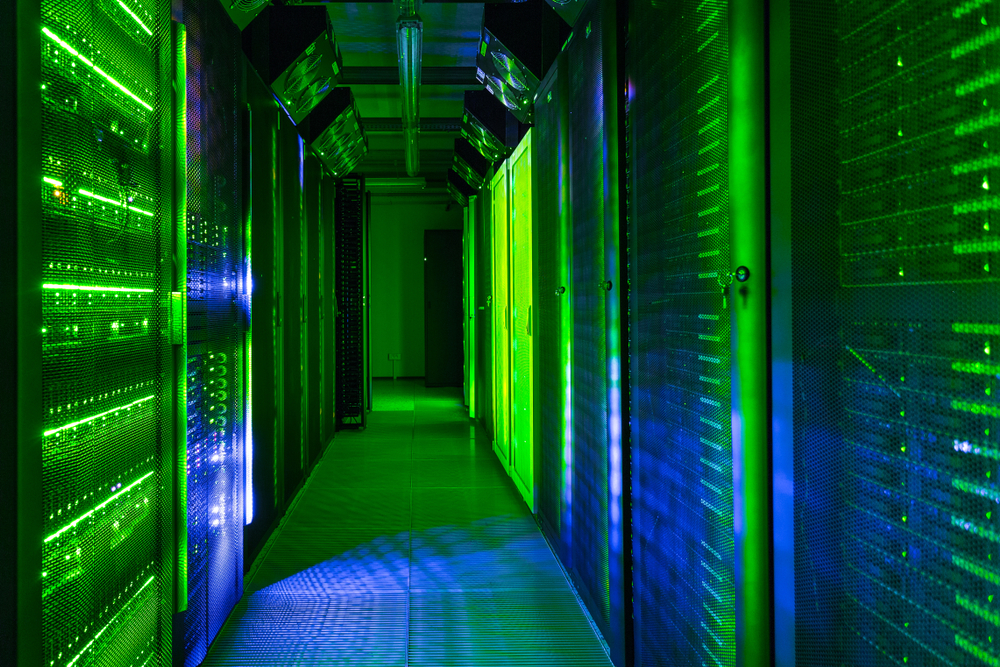Veeam Data Protection Trends Report 2022 reveals that 67% of businesses are relying on cloud-based solutions to protect their data. It also states that the ability to recover data from ransomware attacks continue to fuel business continuity strategies. 89% of organisations are not protecting data sufficiently while 88% of IT leaders expect data protection budgets to increase at a higher rate than broader IT spending.
The Veeam Data Protection Trends Report 2022 surveyed more than 3,000 IT decision makers and global enterprises to understand their data protection strategies for the next 12 months and beyond. The largest of its kind, this study examines how organisations are preparing for the IT challenges they face, including huge growth in use of cloud services and cloud-native infrastructure, as well as the expanding cyber-attack landscape and the steps they are taking to implement a Modern Data Protection strategy that ensures business continuity.

The results from the region mirror global sentiments as 88% of UAE organisations and 86% of Saudi organisations plan to increase their data protection budgets during 2022 – spending an average of around 7% more than in 2021.
Interestingly, 52% of UAE businesses’ data infrastructure is currently located in the data centre, with 48% now hosted in the cloud. 49% of Saudi firms’ data infrastructure is currently located in the data centre, with 51% now hosted in the cloud.
Claude Schuck, Regional Director, Middle East at Veeam Software, said, “It is clear from the survey that businesses in the Middle East are investing more and taking steps to ensure that their organisations’ data protection strategy is fit for purpose given the continual increase in data criticality and constantly evolving threat landscape. To provide a strong foundation for Digital Transformation, IT leaders must implement robust Modern Data Protection strategies at the lowest possible cost.
According to Schuck, the “new normal” for modern IT is approximately 50/50 between on-premises servers and cloud-hosted servers. He emphasises that an optimal and future-proof data protection strategy needs to accommodate physical, virtual and multiple cloud-hosted or cloud-native options.
“It should give businesses confidence that their data is protected and always available across all production platforms. Through a single backup and data management platform for cloud, virtual, physical, SaaS and Kubernetes, Modern Data Protection enables organizations to modernize backup and recovery, secure data against ransomware, and improve application performance,” he added. “All of which lead to improved business efficiency and cost-effectiveness.”
When it came to ransomware, 86% of UAE organisations and 84% of Saudi organisations suffered ransomware attacks, making cyber-attacks one of the single biggest causes of downtime for the second consecutive year. According to the report, per attack, businesses in the UAE were unable to recover 34% of their lost data on average, while Saudi firms were unable to recover 37% of their lost data on average. And 81% of UAE organisations and 81% of Saudi organisations were unable to recover at least some of the data they had lost.
Schuck said, “For businesses in the Middle East to win the ransomware battle, they must possess the capability for education, implementation and remediation. The best remedy for a security breach is prevention. This can be improved through education of employees, ensuring that cyber-attackers are not being gifted access to the data and systems they need to initiate a ransomware attack.”
He explained that the next strategy is implementation: offsite and offline backups to mitigate the effects of ransomware. Veeam advocates the 3-2-1-1-0 rule. There should always be at least three copies of important data, on at least two different types of media, with at least one off-site, one offline, with zero unverified backups or backups completing with errors.
“Finally,” he added, “businesses need a plan for remediation. Do not pay the ransom. The only option is to restore data. Implementing a full Backup and Disaster Recovery plan gives organisations the ability to recover data in event of a ransomware attack, minimising the risk of financial and reputational damage.”
The report also identified protection and availability gap in the Middle East – 80% of UAE organisations and 82% of Saudi organisations have a protection gap between how much data they can afford to lose after an outage and how frequently data is backed up. While 80% of UAE organisations and 76% of Saudi organisations have an availability gap between their expected SLAs and how quickly they can return to productivity.
98% of UAE organisations and 97% of Saudi organisations experienced unexpected outages within the last 12 months.
On average, 17% of UAE firms’ and 18% of Saudi companies’ data is left completely unprotected.
“The UAE and Saudi findings of the Veeam Data Protection Trends Report 2022 largely mimics the global results, which find that the gap between business expectations and IT delivery, when it comes to data protection, continues to widen and has never been worse. As the proportion of applications that organisations consider mission-critical increases, so too does the volume and variety of cybersecurity threats. Entire industries face a data protection emergency and businesses across the world are looking for ways to accelerate their strategies to protect data, remediate cyber-attacks and recover from systems outages,” Schuck said.
According to Schuck, to be fully transformative, Middle East enterprises need to be anchored with key technologies provided by virtualisation, hybrid cloud and Kubernetes.
“Companies who succeed in accelerating their adoption of a Modern Data Protection strategy will put in place solid foundations to gain competitive advantage from digitisation. It will enable them to experience the lower cost points and flexibility of public cloud, leverage the security and proximity of private cloud, and fast-track their development cycles by deploying Kubernetes, with the assurance that their data is protected across their entire infrastructure,” he added.










Discussion about this post